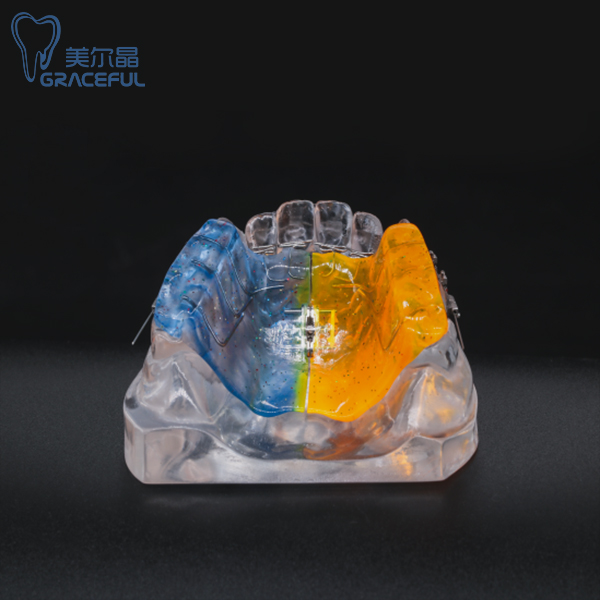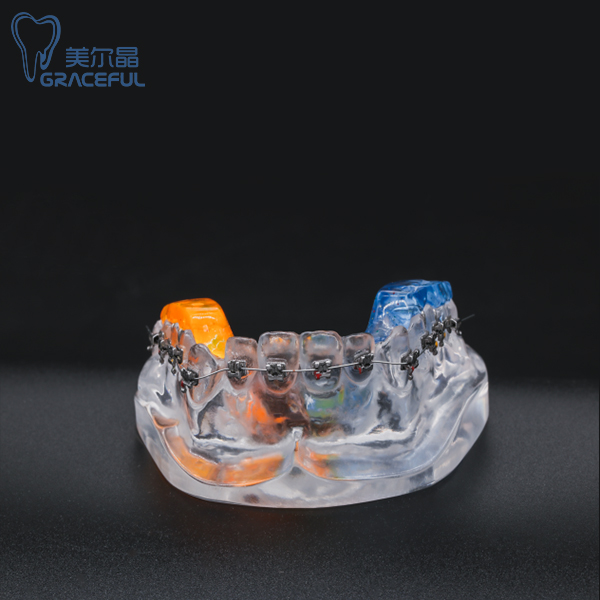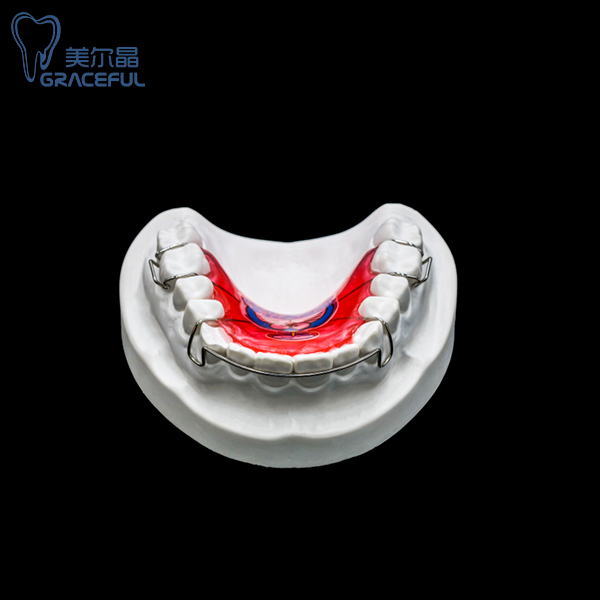

 1、Braces and aligners are the “appliances” orthodontists most commonly use to guide your teeth into their proper positions. Retainers preserve and stabilize the results of your orthodontic treatment. 2、In the past, orthodontic treatment was associated with children and teens, but today many adults seek orthodontic treatment to correct long-standing problems or problems that stem from maturational changes. 3、Orthodontics by GRACEFUL can help people of any age achieve a healthy and beautiful smile. 4、4With the advancement of orthodontic technology, orthodontic technology includes not only fixed lip correction, but also relatively hidden lingual orthodontics, and bracketless invisible correction. All kinds of orthodontic appliances have their advantages and disadvantages. Specific to what kind of appliance should be suitable for each person, experts at GRACEFUL will recommend it according to your age, the nature and severity of dental malformations.
1、Braces and aligners are the “appliances” orthodontists most commonly use to guide your teeth into their proper positions. Retainers preserve and stabilize the results of your orthodontic treatment. 2、In the past, orthodontic treatment was associated with children and teens, but today many adults seek orthodontic treatment to correct long-standing problems or problems that stem from maturational changes. 3、Orthodontics by GRACEFUL can help people of any age achieve a healthy and beautiful smile. 4、4With the advancement of orthodontic technology, orthodontic technology includes not only fixed lip correction, but also relatively hidden lingual orthodontics, and bracketless invisible correction. All kinds of orthodontic appliances have their advantages and disadvantages. Specific to what kind of appliance should be suitable for each person, experts at GRACEFUL will recommend it according to your age, the nature and severity of dental malformations.